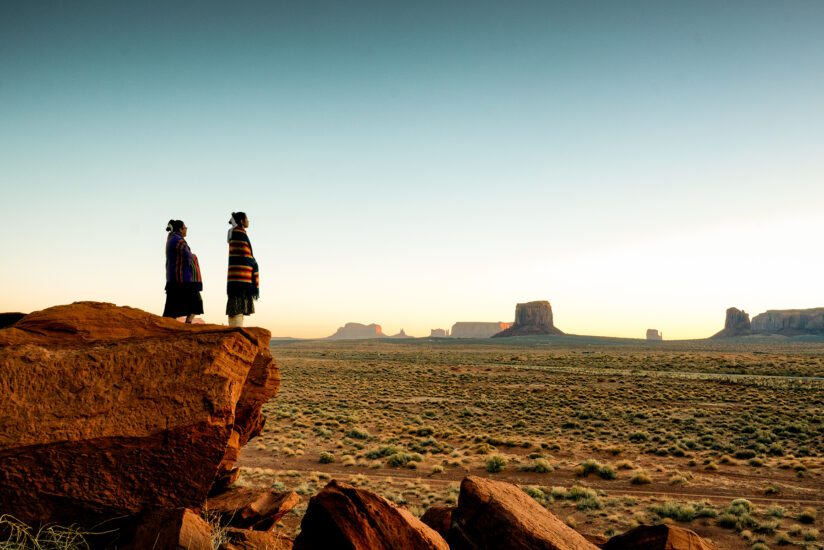Research into the pandemic experiences of the Navajo Nation and the Klamath Tribes underscores the need for the U.S. to honor tribal water rights legally recognized — but never delivered on — for over a century.
The Navajo Nation in Arizona — the largest and most populous reservation in the U.S. — was one of the areas hardest hit during the COVID-19 pandemic. Limited access to running water and basic infrastructure, like wells and indoor plumbing, placed the already vulnerable Navajo tribes at a heightened risk of disease, according to a USC legal analysis accepted for publication in the Saint Louis University Journal of Health Law & Policy.
“It’s becoming increasingly clear that part of this health disparity is due to lack of access to water, which all 574 federally recognized tribes in the U.S. are legally entitled to under the Supreme Court’s 1908 Winters doctrine. But their federally granted water rights have never been quantified and certainly never delivered,” said Robin Craig, professor of law at the USC Gould School of Law and author of the paper.
“We have people in the United States who don’t have running water in their homes and could not shelter in place during the pandemic because they had to get in their cars and drive miles to fill containers with water for drinking, hand-washing and cooking. The fact that that level of lack of infrastructure could still exist in the U.S. is a national shame.”
The Klamath: Tribal water rights held since ‘time immemorial’ made for stronger pandemic response
In the paper, Craig compared the pandemic experiences of the Navajo and the Klamath in Oregon to investigate how minimal access to potable water affected their respective capacities to address COVID-19.
The Klamath — unlike many displaced tribes in the U.S. — occupy a reservation within their traditional homelands in the Pacific Northwest’s Klamath River Basin. According to Craig, the Klamath Tribes entered the pandemic with two significant advantages: relative wealth — accrued during the fur trade of the 1820s — and actualized water rights that granted tribes access to potable water. These conditions paved the way for a swift pandemic response, made it easier for tribes to practice water-based prevention measures like hand-washing and allowed members of the Klamath community to adhere to stay-at-home mandates.
